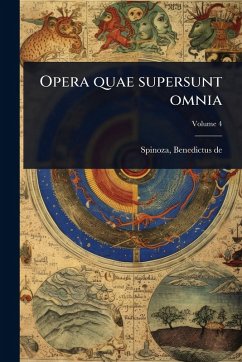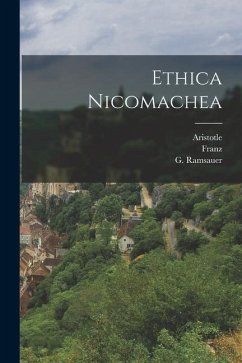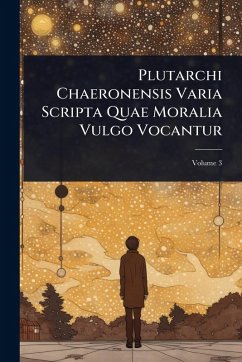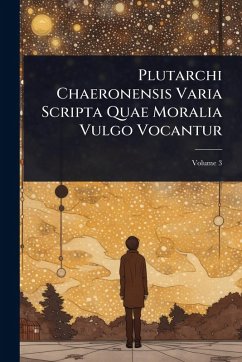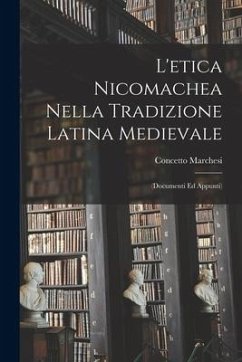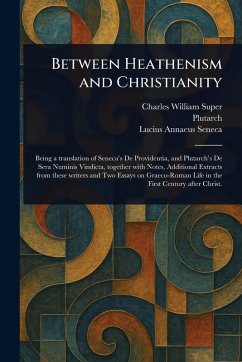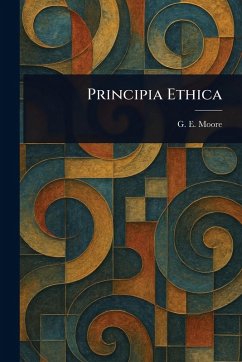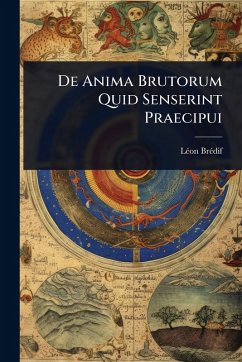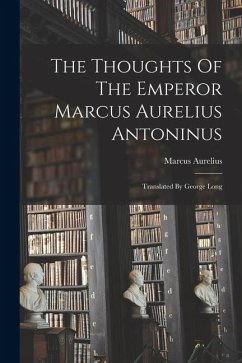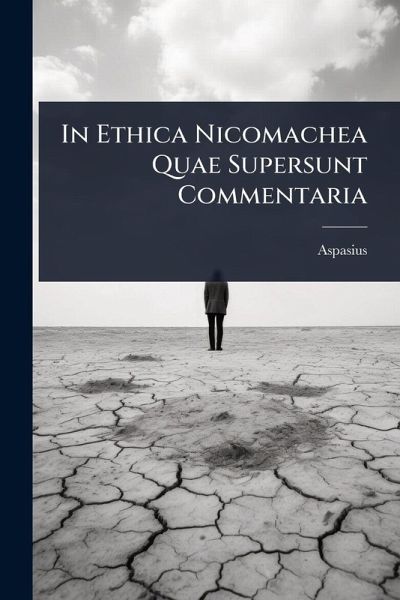
In Ethica Nicomachea Quae Supersunt Commentaria

PAYBACK Punkte
13 °P sammeln!
In Ethica Nicomachea Quae Supersunt Commentaria presents the surviving commentaries on Aristotle's Nicomachean Ethics by Aspasius. This volume, originally published in 1889, offers invaluable insights into the ancient understanding of Aristotle's seminal work on ethics. Aspasius's interpretations provide a crucial lens through which to view the development of ethical thought in the classical world. The text is in Latin, preserving the scholarly tradition of its time and offering a direct connection to the historical study of philosophy. This work remains an essential resource for scholars and ...
In Ethica Nicomachea Quae Supersunt Commentaria presents the surviving commentaries on Aristotle's Nicomachean Ethics by Aspasius. This volume, originally published in 1889, offers invaluable insights into the ancient understanding of Aristotle's seminal work on ethics. Aspasius's interpretations provide a crucial lens through which to view the development of ethical thought in the classical world. The text is in Latin, preserving the scholarly tradition of its time and offering a direct connection to the historical study of philosophy. This work remains an essential resource for scholars and students interested in classical philosophy, Aristotelian ethics, and the history of philosophical commentary. This work has been selected by scholars as being culturally important, and is part of the knowledge base of civilization as we know it. This work was reproduced from the original artifact, and remains as true to the original work as possible. Therefore, you will see the original copyright references, library stamps (as most of these works have been housed in our most important libraries around the world), and other notations in the work. This work is in the public domain in the United States of America, and possibly other nations. Within the United States, you may freely copy and distribute this work, as no entity (individual or corporate) has a copyright on the body of the work. As a reproduction of a historical artifact, this work may contain missing or blurred pages, poor pictures, errant marks, etc. Scholars believe, and we concur, that this work is important enough to be preserved, reproduced, and made generally available to the public. We appreciate your support of the preservation process, and thank you for being an important part of keeping this knowledge alive and relevant.



